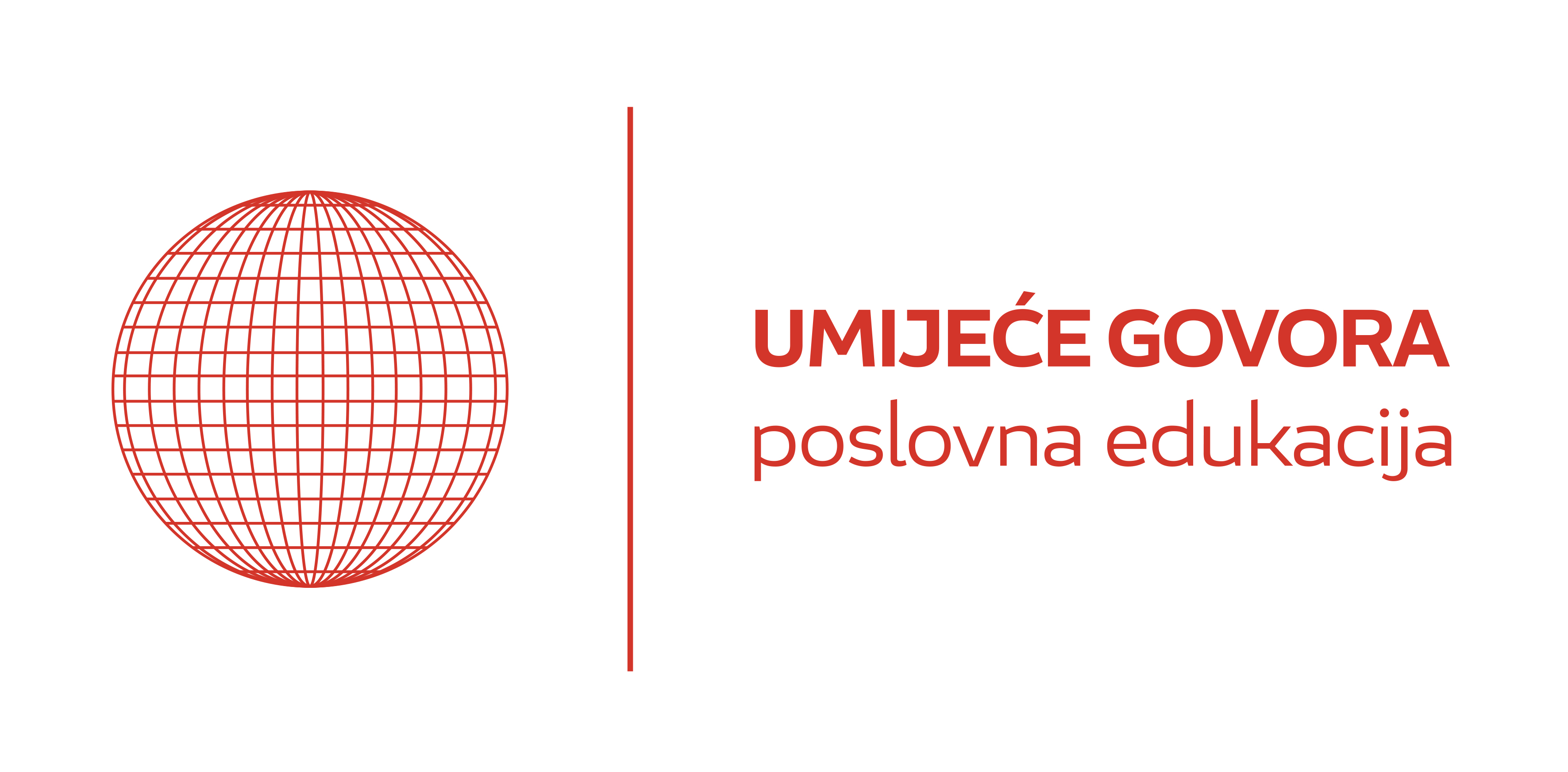Public Speaking on Special Occasion
Jagoda Poropat Darrer
Public Speaking on Special Occasions
Objavljeno u časopisu Diplomacy and Commerce, prosinac 2018. godine
Special occasions are opportunities to say a few words about special people, institutions and events. These kinds of speeches are meant to create atmosphere, positive attitude, and show appreciation. Regardless its briefness as implied with „few words“ it is important to make sure those words sound memorable.
It’s the most wonderful time of the year! Shimmering lights, jolly atmosphere, soft snow balls, festive carols, excitement and gifts: all spicy December ingredients. At the end of the year it is a time of holyday gatherings, office parties, annual awards, some retirements and certainly new business and professional beginnings. All perfect events and occasions for speechmaking. Say a few words – for some the most horrifying invitation, and for some just a matter of everyday life equally stressful or at least not very comfortable situation. Speeches for special occasions help give the occasion its specialness. They are part of the ceremonial aura that marks the event. Not information or persuasion is their primary purpose. Rather, they aim to fit the special needs of a special occasion (Lucas, 2012). They are developed from ancient epideictic speeches which took place in political assembly and sought to persuade its audience to particular future course of action.
Rhetorical textbooks state that epideictic means “fit for display”, sometimes called “ceremonial” or “demonstrative” oratory. Epideictic oratory was oriented to public occasions calling for speech or writing in the here and now. The ends of epideictic included praise or blame, and thus the long history of encomia and invectives, in their various manifestations, can be understood in the tradition of epideictic oratory. Aristotle assigned “virtue (the noble)” and “vice (the base)” as those special topics of invention that pertained to epideictic oratory.
Despite their short form, ceremonial speeches gain importance because they are part of the ceremonies often broadcasted and celebrated in public. Although the main function of the epideictic rhetorical genre is entertainment, they belong to the rhetorical discourse and also have a persuasive function (advertising a rewarded work) and appraisal function (emphasizing human virtues). Both the well-known and unknown people who receive the award in their personal name or in the name of a group of people (team, company, etc.) with their short speeches perform their ethos as public speakers. A study conducted on ceremonial addresses within Croatian media shows that the best speeches are emotional, personal, original, modest, and of high linguistic style. An excellent preparation (proper choice of words, figure of speeches, originality of the story), and spontaneity of performance (sincerity, emotion, and personality) are the key to a good ceremonial speech (Pletikos, Poropat Darrer 2012).
Proposing a toast is well rooted in Croatian culture. In this holyday season it is certain that a great amount of speeches would be delivered throughout Croatian offices, restaurants, even houses where coworkers and family gather together to celebrate religious festivities and holydays. The tradition of celebrating Christmas is deeply rooted into the Croatian customs that are tightly bounded with faith practicing, but also with few pagan rituals. Therefore, the ethnologists find a myriad of well-known and some less known rituals Croatians practice during the Advent festivities. Among them are common customs of attending the morning Mass, wheat seeding in small vases, advent wreath making, arranging Nativity sets, decorating Christmas tree, putting logs on fire, introducing straw into the house, giving children symbolic ferules to keep them strong and healthy, looking into ashes for auspice of future events, and decorating the Christmas tree with apples, oranges, plums, nuts, and candies.
In the Zagreb area it was quite a common costume to arrange the Nativity settings. The first and oldest one was made of paper, known as Kipci. One of the oldest Nativity set in Croatia, made of wood, was made in 1916 by Croatian artist Vojta Braniš, and is kept in the church of St. Blaise in Zagreb. As every place in the world during the Advent season, Zagreb has its own specific holyday scent too. It comes from fresh baked traditional cookies made with honey, walnuts and pepper, gingerbread, vanilla cookies, poppy’s cake, nut’s cake, but also main dish delicacies such as mincemeat in cabbage leaves or roasted turkey with dough. Regardless the different recipe, one of the most beautiful Croatian customs is to share the Christmas meal with those in necessity.
Make sure your festivity season if full of love, joy, sharing, food, drinks, best friends, and the most memorable speeches that will warm your heart and rejuvenate your soul. I wish you happy holydays and the most successful New Year!
Prijedlog uz sliku:
An excellent preparation (proper choice of words, figure of speeches, originality of the story), and spontaneity of performance (sincerity, emotion, and personality) are the key to a good ceremonial speech.





